The new model simulating nuclear fission replicates the start and spread of rumors founded in misinformation.
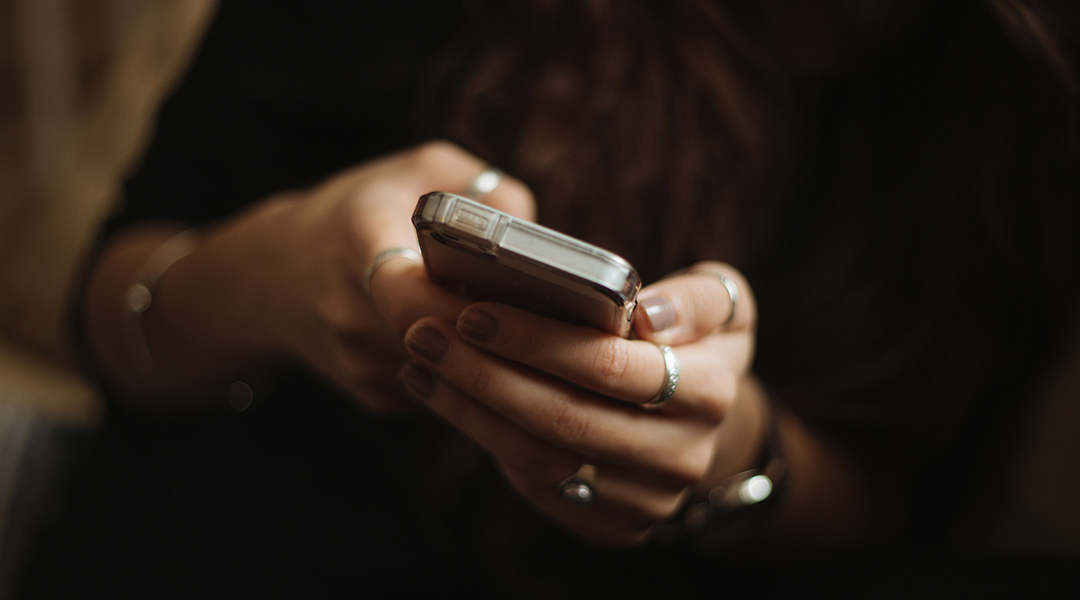

The new model simulating nuclear fission replicates the start and spread of rumors founded in misinformation.
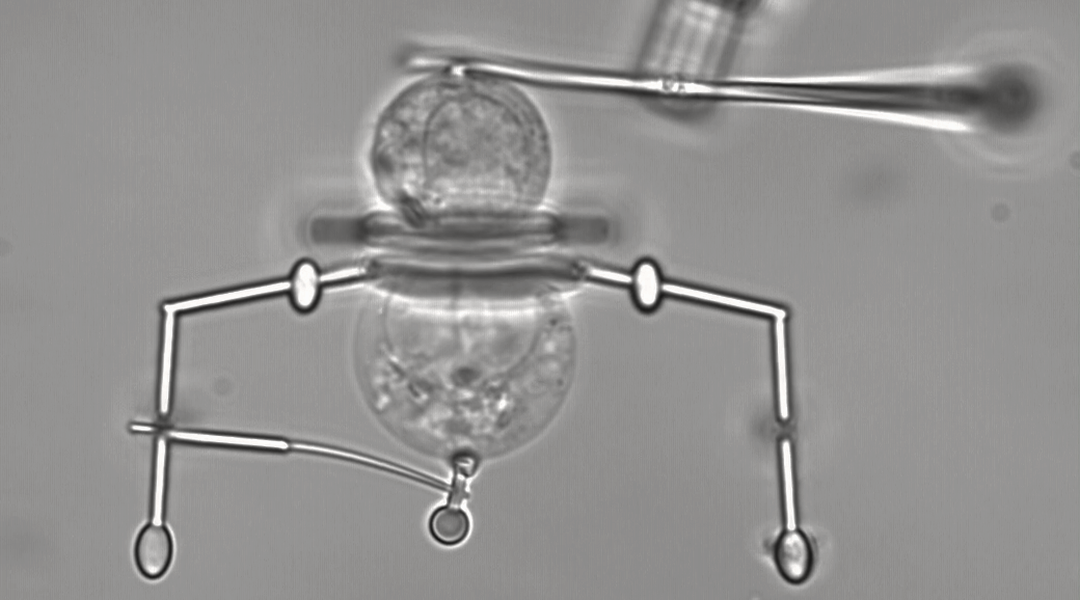
Fitted with nanoscale grippers, these microrobots offer new opportunities for imaging and manipulating single cells.
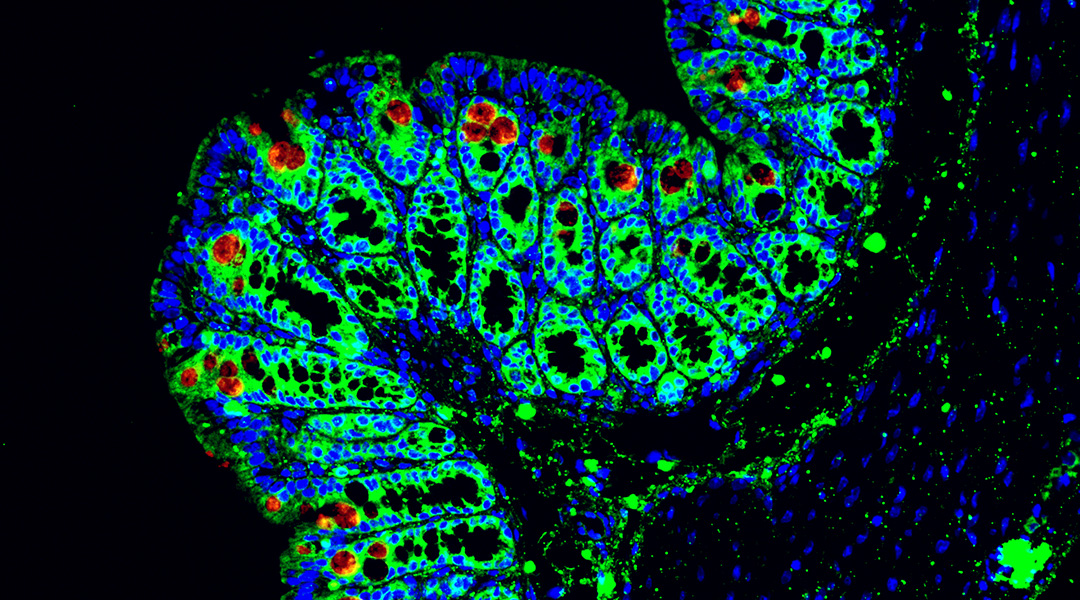
Scientists discover interactions between gut bacteria and immune cells that cause inflammatory bowel disease in glycogen storage disease.
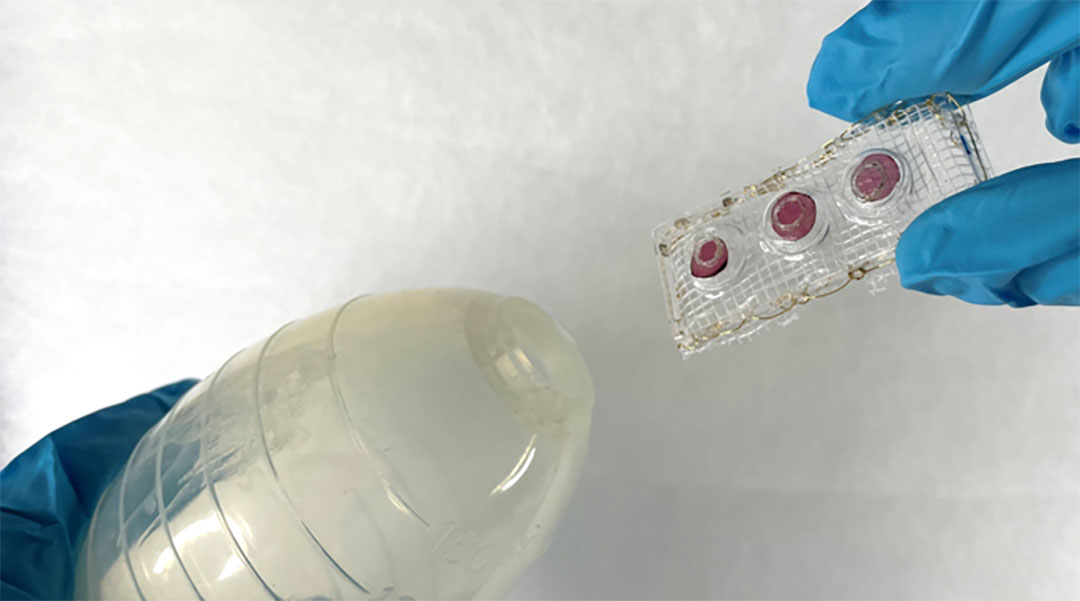
Enzymes embedded into a plastic strip enable the rapid, naked eye-detection of incompletely healed tissue following abdominal surgery.
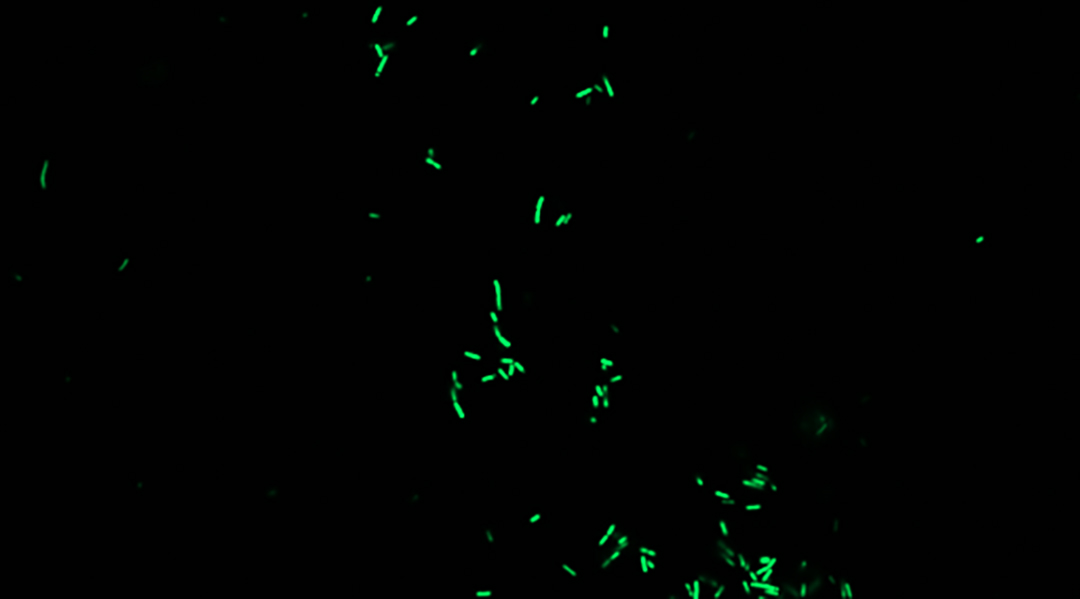
First living biosensor developed to study honeybee gut microbiome, providing insights into health and conservation.

Microscopic machines powered by light are a “double threat” to bacteria and could help combat the growing problem of drug resistance.
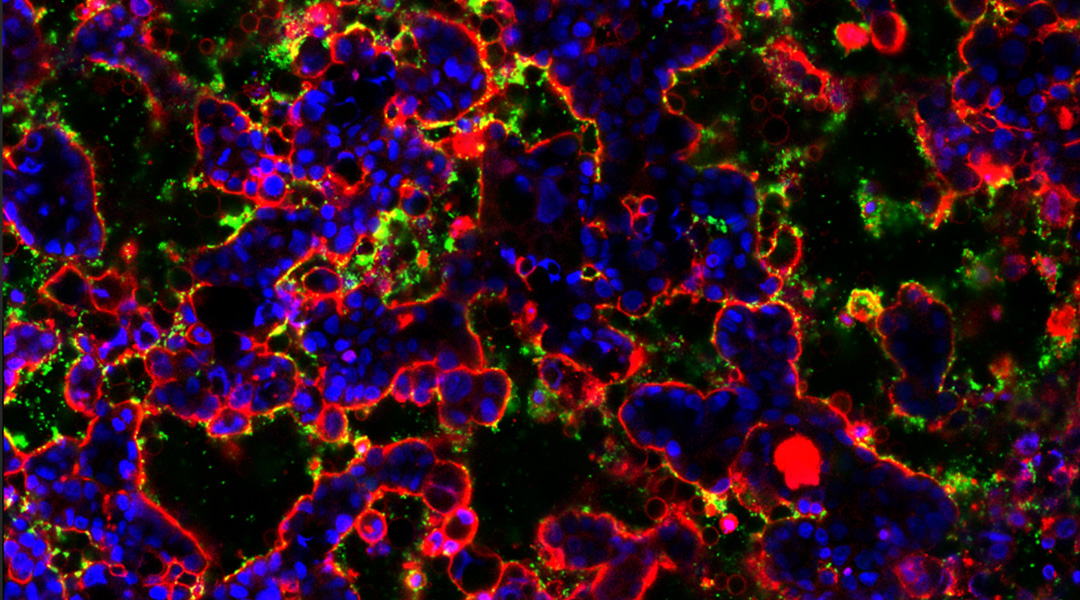
This artificial gut will allow scientists to gain deeper insights into the biome that exists there and how dysregulation can lead to disease.
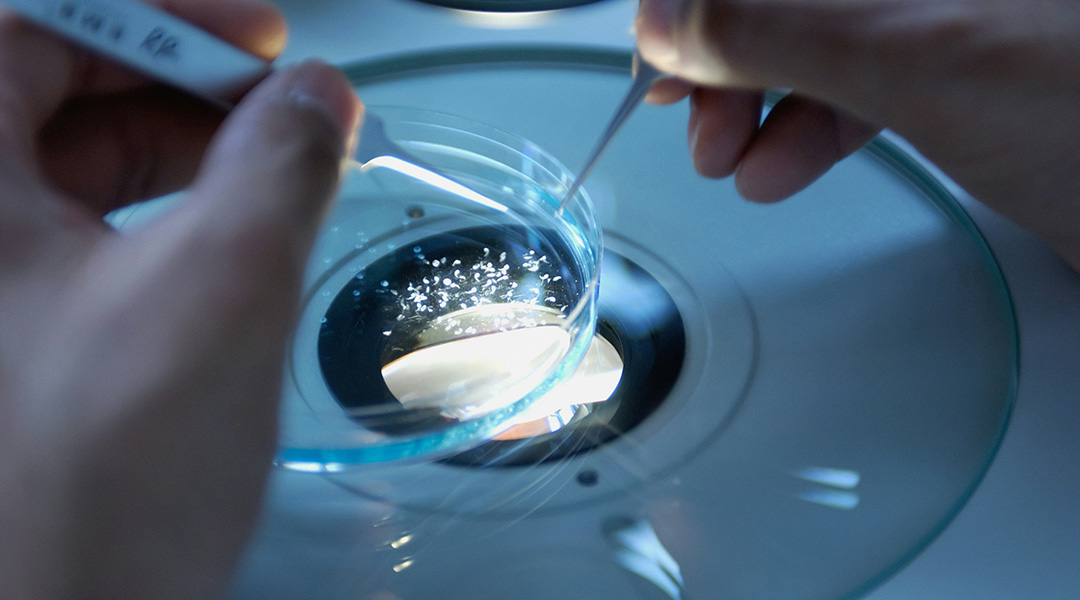
The new protocol identified microbes that standard techniques alone couldn’t, uncovering previously unknown bacterial strains in the process.
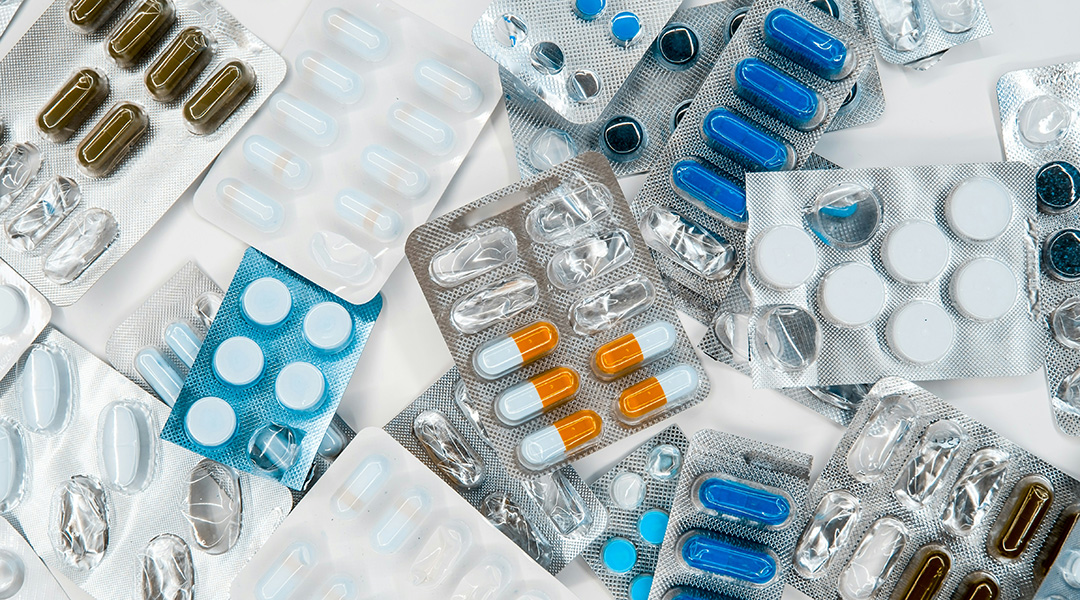
Experts argue a new approach is needed so that we are less reliant on antimicrobial drugs, where less use means less resistance.
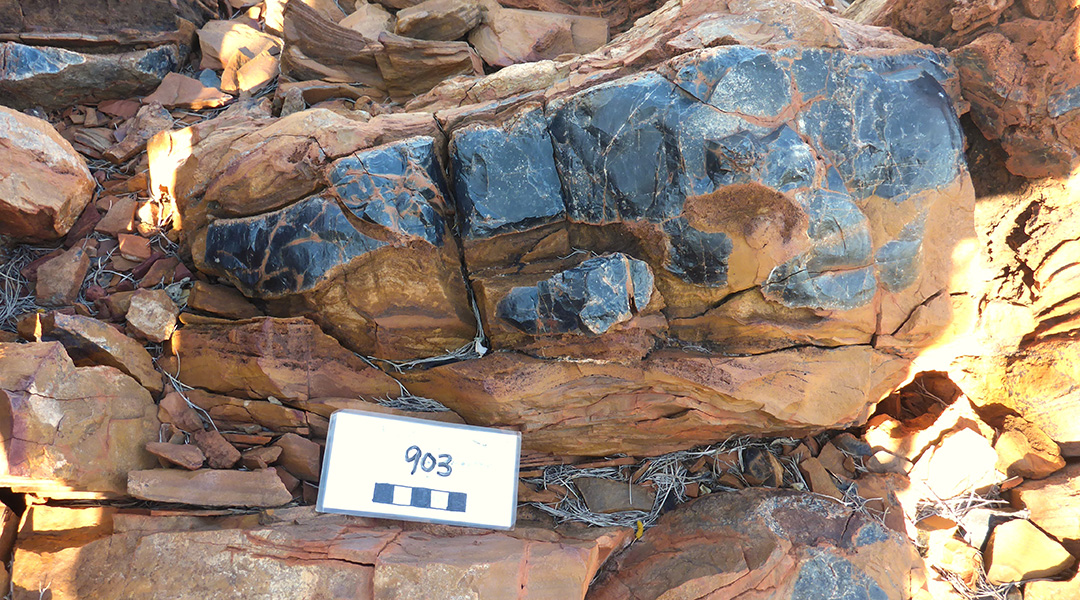
Scientists have unearthed a well-preserved microscopic fossil in Western Australia, challenging timelines and hinting at early eukaryotic life after the Great Oxidation Event 2.4 billion years ago.